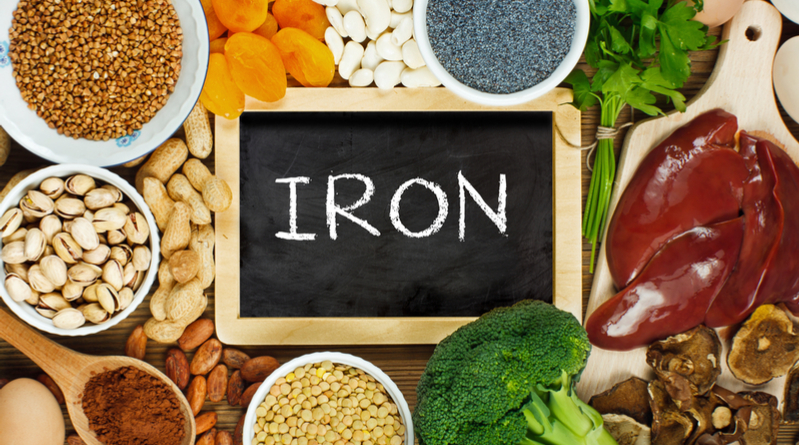Cow’s milk is the most popular type of non-human milk that is drunk throughout the world. It is a staple of many different cuisines and specifically, many different types of breakfast foods. People love drinking milk with their breakfasts (looking at you milk and cereal). But as much loved as milk is, it is a bit of a controversial food item. This is because milk definitely has a series of health benefits to offer people that make it a worthwhile addition to any diet. But milk can also cause some issues when you digest it, if your body is not suitable for it. Read on to learn more about milk and determine if it is healthy or not.
Nutrients In Milk
Milk is a type of whole food that has 18 out of 22 of the essential nutrients that you need. It contains calcium, phosphorous, magnesium, zinc, and potassium. It also has folate, vitamin A, vitamin B-12, zinc, and protein.
Health Benefits of Milk
Appetite control
There was a time when drinking milk was pretty heavily associated with weight gain, hence the popularity of fat free milk. But whole milk will not put on extra weight, it actually can help to curb your appetite and prevent overeating.
Bone development
Everyone knows that drinking milk makes strong bones. Milk is one of the best sources of calcium which keeps your bones healthy and strong.
Bone and dental health
Milk doesn’t just contain calcium, it also contains magnesium which is another important mineral for maintain strong bones and healthy teeth. The vitamin D content in milk helps with the absorption and balance of calcium and phosphorous in your body as well.
Heart health
The fat content in milk helps to raise your HDL “good” cholesterol levels which keeps your heart health. Drinking warm milk from an insulated tumbler doesn’t sound like a bad idea any more, does it?








